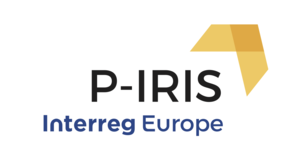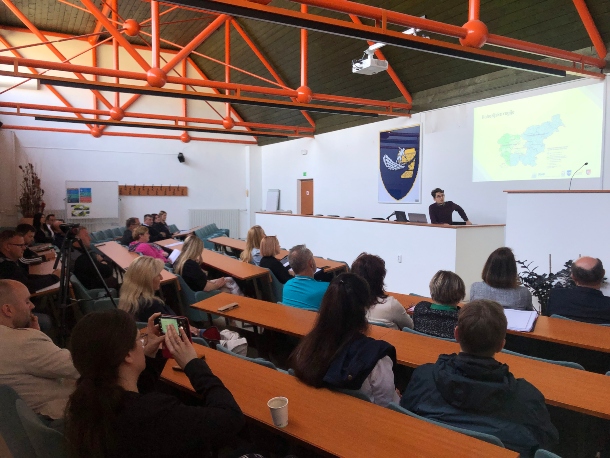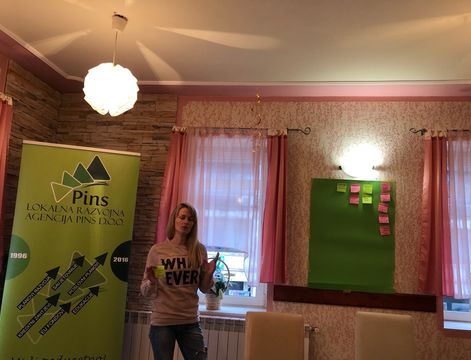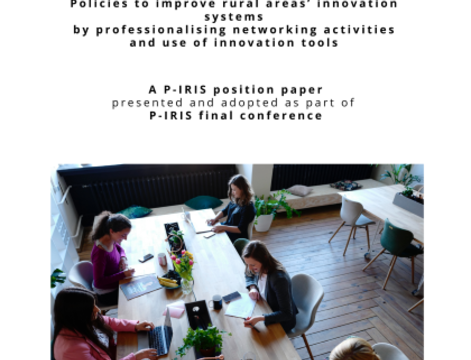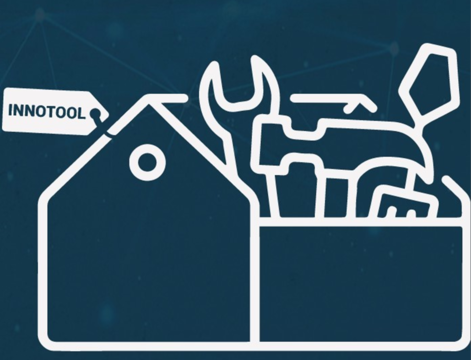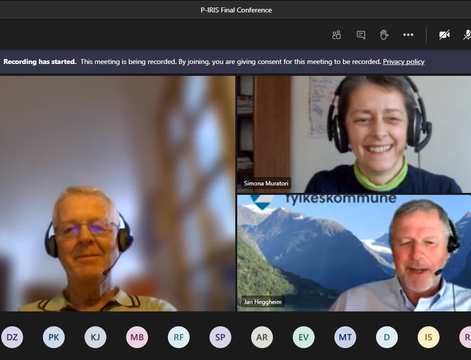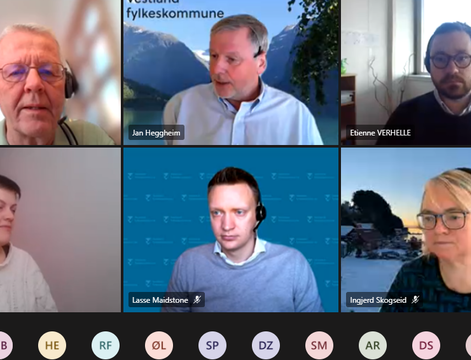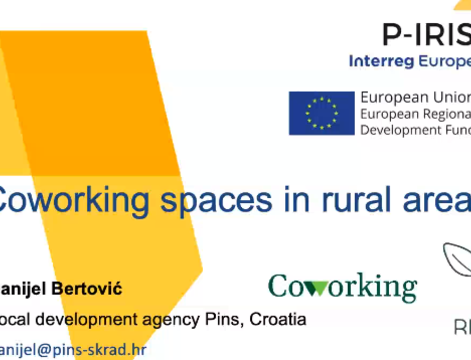P-IRIS project has been leaving significant traces in the Heart of Slovenia since 2017, when Slovenian partner Development Center of the Heart of Slovenia started an intensive journey with partners from six countries to improve rural areas' innovation systems by professionalizing networking activities and use of innovation tools. And the excellent results of the four-year period led to the decision to reconnect the partnership and address the concrete challenges left by the COVID-19 epidemic in Europe in an additional year of activity. We are now close to the end of this period, and the results once again show that the Development Center of the Heart of Slovenia has managed to address the concrete challenges and needs of the local economy.
On May 10, 2022, Development Center organized a meeting of entrepreneurs from the municipalities of Litija and Šmartno pri Litija. They organized the meeting together with both municipalities (MAs) and in cooperation with the Regional Chamber of Commerce and Industry and the IRAP Institute. Different possibilities for obtaining (non)reimbursable funds from various Slovenian and international tenders were presented. At the meeting, various needs of individual entrepreneurs were identified. Many also emphasized bureaucratic challenges of larger tenders and as such difficulties to apply for different calls. Based on the identified needs and wishes, within the framework of the project, DCHS offered interested parties the possibility of individual counselling for more effective identification of sources of co-financing of individual investment and substantive upgrades planned by local entrepreneurs. Bilateral meetings and counselling were carried out at the Development Center together with the IRAP Institute and external expert at the beginning of June. In this way, Development Center has brought the bureaucratically and substantively demanding projects closer to every entrepreneur who may be faced with applications for tenders for the first time and are already struggling with after COVID-19 consequences.
This additional P-IRIS year gave an opportunity to really understand the consequences of COVID-19 on local co-working networks. Mapping and bilateral interviews gave an overview on shortcomings and lessons learned from the period of COVID-19 pandemic on rural innovation networks. During COVID-19 lockdowns networks were struggling with financial resources (no income from desk sharing, conference room renting, rents from individual offices), some local authorities didn’t recognise the importance of innovation networks during periods of lockdown (as people weren’t even allowed to cross borders of municipalities or regions for in-person gatherings), and in case of one innovative network in the Heart of Slovenia - RISE, one municipality stopped financing the activities all together.
Adaptations/solutions that partner mapped: use of most common digital platforms (zoom, teams), organizing online events, educational workshops and conferences, when possible organizing events outdoors.
Product development during or after COVID-19: innovative online plug known as online classroom (developed by one innovative network - RISE) for workshops, experts’ presentations, an option for remote workers to participate at the events, have business meetings and cooperate etc. Second adaptation and Good Practice case – online market where entrepreneurs (start-ups, craftsmen) have a platform to present their final products in order to sell, stay in business, present their activities and stay competitive on the market.
An important activity of the P-IRIS project was also a visit of good practices of supporting environments for entrepreneurship in Norway during Study Visit. Between June 7 and 9, 2022, a representative of the Municipality of Litija (MA) and member of the team of Development center of the Heart of Slovenia visited the rural environments of Western Norway, specifically the municipalities of Sogndal and Kunn and the wider Vestland district. This Study Visit gave an amazing overview on different possibilities to bring support networks closer to the people and end users – entrepreneurs.
